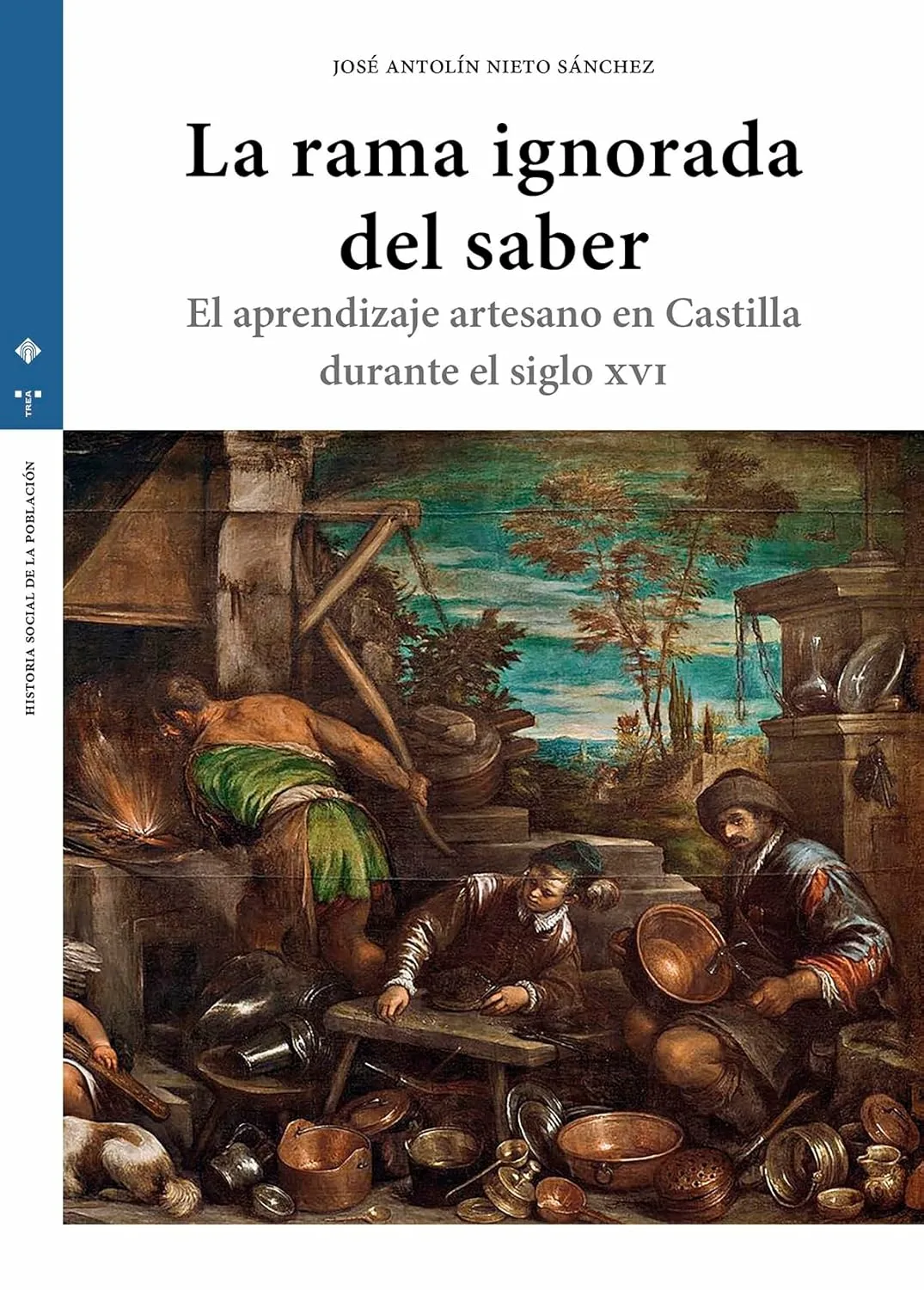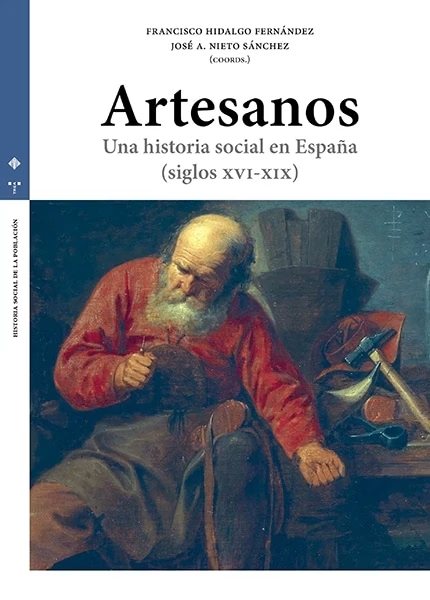Libros más recientes

La rama ignorada del saber. El aprendizaje artesano en Castilla durante el siglo XVI
José Antolín Nieto Sánchez

Artesanos. Una historia social en España (siglos XVI-XIX)
Francisco Hidalgo y José A. Nieto (coords.)
Grupo Taller de Historia Social
Estudio del mundo del trabajo y las clases populares

José Antolín Nieto Sánchez

Francisco Hidalgo y José A. Nieto (coords.)